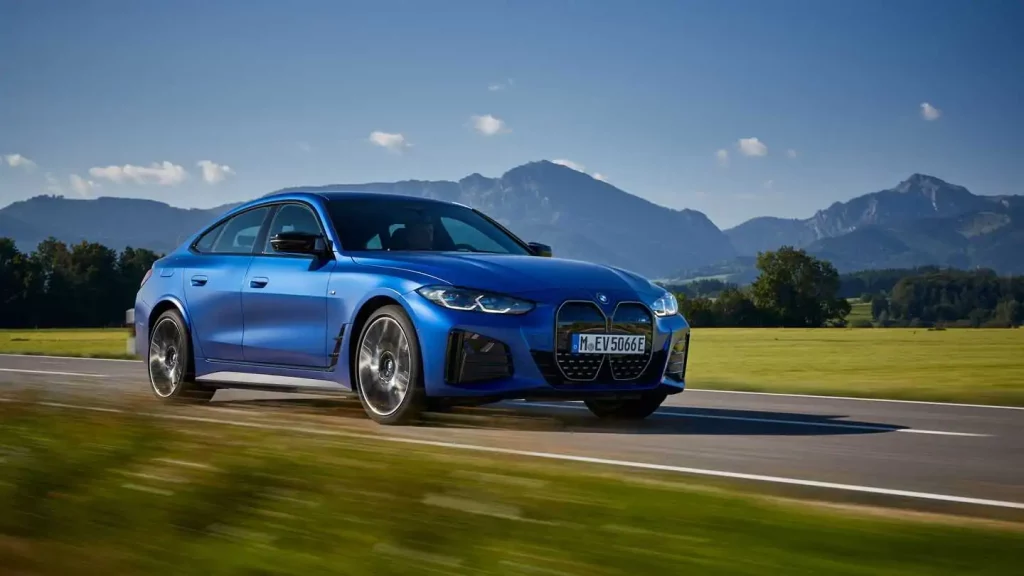Some people have recently argued that incorporating haptic feedback in electric vehicles would be beneficial. Haptic feedback can provide tactile sensations to drivers, helping them understand various aspects of their vehicle’s performance and status, such as battery charge levels, regenerative braking intensity, or potential safety warnings. This sensory input can enhance the overall driving experience, promote safer driving habits since the driver won’t have to take his eyes off the road. To address this, BMW M’s boss, Frank van Meel, revealed that the company is delving into innovative solutions, including simulated gears, acoustic cues, and vibration feedback, all powered by advanced software.
Incorporating haptic feedback would help drivers get a better feel of the vehicle while driving
In the world of gasoline engines, experienced drivers rely on the sound of the engine, the feel of the gearbox, and the rev indicator to gauge the car’s performance without taking their eyes off the track. However, EVs, which often feature a single gear, lack the tell-tale jolts of traditional transmission. To bridge this gap, BMW M is exploring simulated gears, recreating the sensation of shifting gears without the need for a physical gearbox.

Another automaker making strides in this realm is Hyundai, particularly with their Ioniq 5 N model. This EV utilizes software to enhance its one-speed gearbox, offering N e-shift, which replicates the feeling of an eight-speed dual-clutch automatic transmission through precise control of motor torque output. In tandem, the N Active Sound + system provides auditory cues, allowing drivers to choose from three distinct sound themes, each communicating the car’s actions at any given moment.
While some may argue that piped-in fake exhaust sounds and clutch-operated manual transmissions for EVs may seem unnecessary, they serve a vital purpose: enhancing the driving experience by maintaining a connection between the car and its driver. This connection is paramount for performance vehicles like those in BMW’s M series, ensuring that drivers can fully immerse themselves in the thrill of the track without distractions.
Although the specific details of BMW M’s haptic feedback solution remain shrouded in mystery, Frank van Meel has confirmed that the company’s debut electric model is currently in development. The anticipated reveal is slated for sometime within this decade, promising exciting advancements for EV enthusiasts and high-performance car aficionados alike once this feature becomes public. One thing is for sure, it will definitely grab attention when it first comes out.
RELATED:
- BMW Collaborates with a German Artist for this Contemporary iX1 Compact Electric SUV
- iQOO TWS 1 BMW Edition to launch on July 4 alongside iQOO 11s
- Best Mid-Range Tablets of 2023 – Apple, OnePlus, Lenovo & More
(Via)







